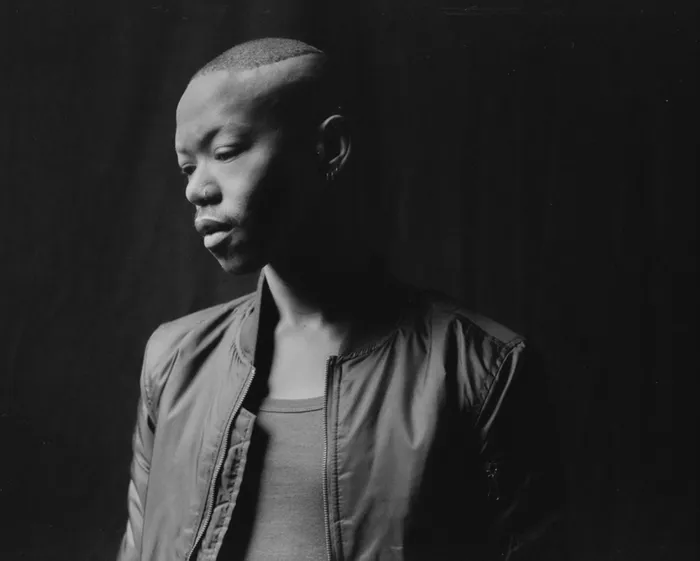London-based Nakhane returns with ‘existential sex album’

Nakhane speaks about sexuality and politics. | Supplied
Johannesburg - After Nakhane’s last successful music album, the London-based talent returns with Bastard Jargon, an album merging sexuality, politics, gender, and pop history.
Nakhane described it as an “existential sex album”.
“The eureka moment happened afterward,” they said.
“I think I’d always known, but I didn’t have the language for it. I’ve never quite identified completely with manhood or womanhood. I think there’s nothing wrong with masculinity as long as it’s not toxic masculinity; that’s something else, but I’ve always been interested in the spectrum.
“And not a lot of artists make a record as singular and addictive as Bastard Jargon, in which sexuality, politics, gender, and pop history merge into something sublime.”
The politics on this album are personal, Nakhane revealed.
“Micro, they’re intimate: they’re about day-to-day relations, one on one, and so in that world, even though that world is also influenced by the macro, your own decisions have a hand in how your life will be. I wanted to make a reflective pop album.”
“In two songs, Standing in Our Way and The Conjecture, I say the problem is me. In music, not a lot of people say that,” said the artist.
Nakhane explained that what is exciting about queerness, music and art is when one suddenly creates.
“Even if you’re using formulas, maybe with a pop song you go, ‘Oh, pop: verse, chorus, verse, chorus.’ But how can you pervert this thing that’s so well known? That's what I’m interested in, turning things a little bit upside down, making things a little bit wonky, just trying to turn the coin and look at it from a different angle,” said Nakhane.
Nakhane said the last album, You Will Not Die, was good because he was trying to be feminine.
“I myself am bored with beauty,” Nakhane said.
“A lot of the things I did for You Will Not Die were so pretty, and that was the point. I wanted to be feminine and soft, whereas with this album I was a lot more interested in doing something gritty. So I don’t think pretty images will make any sense for me.”
Many of the songs on You Will Not Die were written while Nakhane was still living in South Africa, where the artist grew up gay in an increasingly fundamentalist Christian family.
Given the trauma it drew on, the We Dance Again hitmaker said: “You Will Not Die was not exactly a party album, a fact underlined when the time came to play festivals.”
The Star